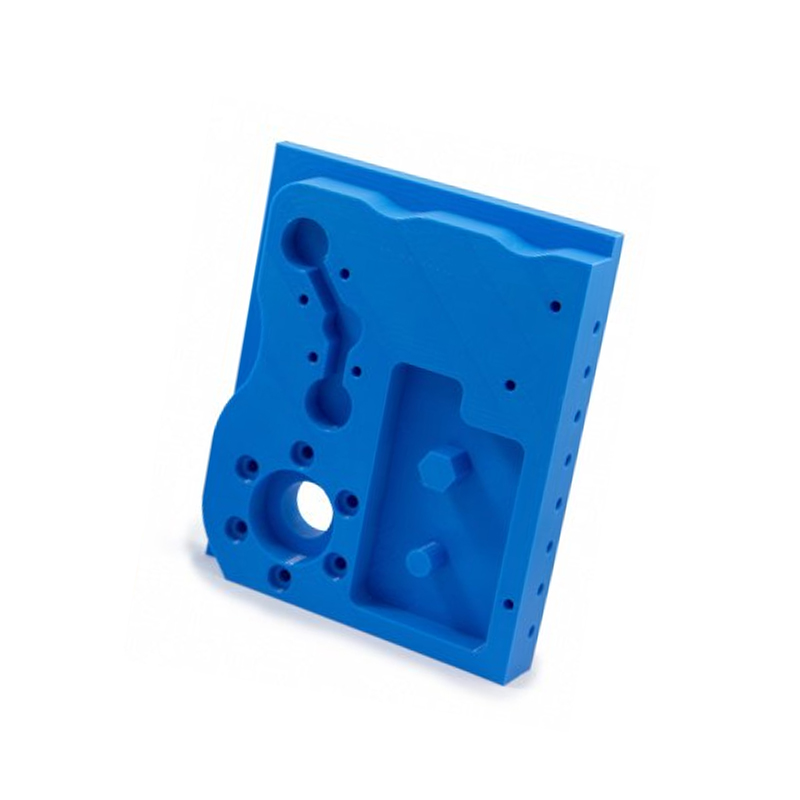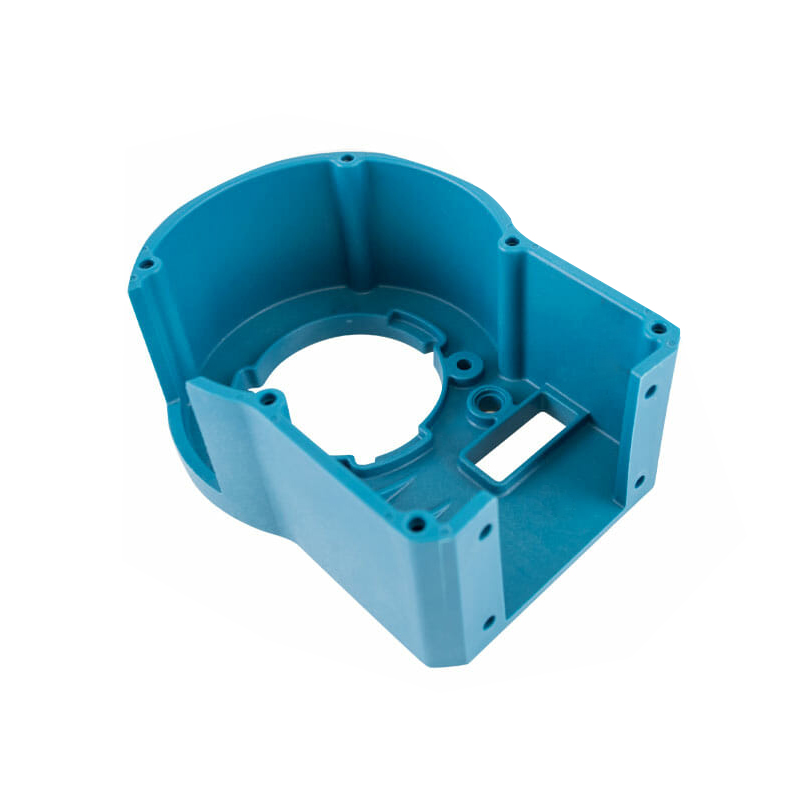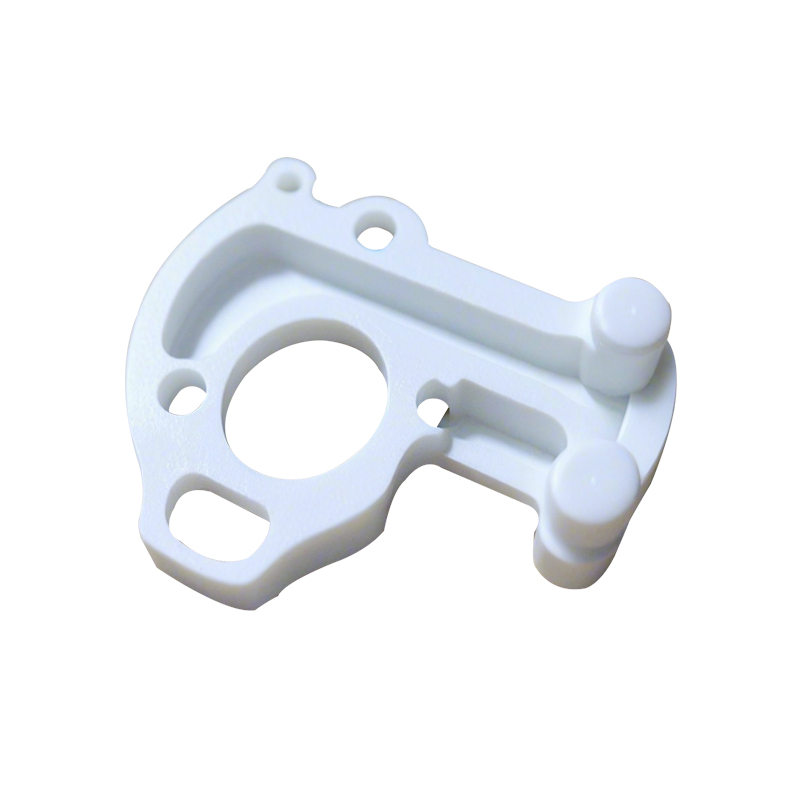Plastic CNC Machining Service
Each of plastic machining services is carried out with precision and efficiency, ensuring your projects are completed to the highest standard.

Machining Quote: Precision plastic parts, swiftly manufacture to perfection.
Milling Plastic
Turning Plastic
Drilling Plastic
Turning and Milling
Grinding
Punching
Cutting
Wire EDM
Electrical Discharge Machining
12 Plastics for Bespoke Project Excellence
If customization is key, we’re prepared to tailor materials to your unique specifications or source specific plastics upon request. Moreover, you can rely on our expert technical support and consultation to guide you in making informed decisions, especially if you’re navigating these material choices for the first time.
ABS for CNC machining
Nylon 6/6 for CNC machining
Acetal (Delrin) for CNC machining
Polypropylene for CNC machining
Polycarbonate for CNC machining
Acrylic for CNC machining
HDPE for CNC machining
UHMW-PE for CNC machining
PEEK for CNC machining
PTFE-Teflon for CNC machining
PVC for CNC machining
Garolite G-10 for CNC machining
Finishing Services
Post-CNC machining of plastics, a variety of surface finishing services can be applied, each offering distinct benefits for your projects :
Painting and Coating
Polishing
Sandblasting
Texturing
Chemical Treatment
Laser Engraving
UV Stabilizing Coatings
Heat Treatment


Applications of Plastic Machining Parts
CNC machined plastic parts are applicable across a diverse range of industries, benefiting you in several ways:
Aerospace: Light, strong parts improve fuel efficiency.
Automotive: Reliable, design-flexible components enhance manufacturing.
Medical: Precision plastics ensure safety and compliance.
Electronics: Insulative, heat-resistant parts protect functionality.
Industrial: Durable plastics reduce maintenance, boost efficiency.
Consumer Products: Facilitates innovative, cost-effective designs.
Robotics: Light, robust parts improve automation efficiency.
Construction: Tough plastics ensure long-term structural integrity.
Best Plastic for CNC Milling
In the realm of CNC milling, three plastics reign supreme: ABS, Nylon, and Acetal. ABS shines as a jack-of-all-trades, effortlessly easy to machine, and striking a harmonious balance between robust strength and economical savvy. It’s the go-to choice for a spectrum of applications, valued for its versatility. Nylon, the stalwart, brings to the table its remarkable resistance to wear and tear, championing durability in the face of stress and friction – a true ally for parts demanding endurance. Then there’s Acetal, the maestro of precision, sliding effortlessly with low friction, ideal for crafting those intricate pieces where accuracy is paramount. Each of these materials carves out its own niche in the CNC world, collectively catering to a wide array of technical demands and creative aspirations.
Benefits of CNC Machining in Plastic Part Production
Cost-Effectiveness for Procurement
